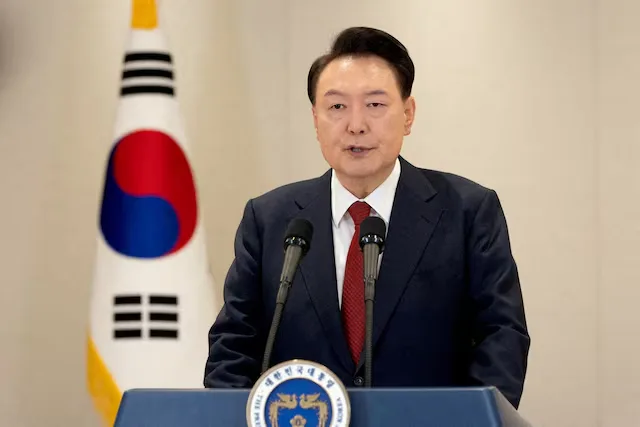
President Yeol delivered a speech before surrendering to investigators/Reuters
President Yeol initially declined to give in to the arrest warrant until Wednesday as opposition continued with calls for his removal by the court.
South Korean President Yoon Suk Yeol has made history by becoming the first sitting president of the Asian country to be arrested.
President Yeol was impeached and suspended by the parliament on December 14, 2024, after protests erupted in the country over his decision to impose martial law on December 3, 2024.
Despite his decision to rescind the martial law and his defense minister’s resignation, the opposition called for his resignation.
Yeol is still the president of South Korea pending the decision of the country’s Constitutional Court.
If his impeachment is upheld by the court, he will vacate office.
Related: Kim Says North Korea Fully Supports Russia In War Against Ukraine
President Yoon Suk Yeol’s arrest on Wednesday ended weeks of attempts by investigators to take him into detention after being resisted by the presidential security team.
Recall that on January 3, 2025, investigators from the Corruption Investigation Office for High-ranking Officials (CIO) failed in an attempt to arrest him after a six-hour standoff with the presidential security detail.
Before his arrest, Yeol made a speech where he described the arrest warrant as “illegal” but said he would submit to investigators to avoid violence in the country as his supporters continue to protest his impeachment.
“I decided to appear before the CIO, even though it is an illegal investigation, in order to prevent any unsavoury bloodshed,” Yeol said and added that he witnessed the invasion of his home’s security perimeter with fire equipment.
Several hours after his speech, authorities confirmed that the 64-year-old South Korean leader had been arrested.
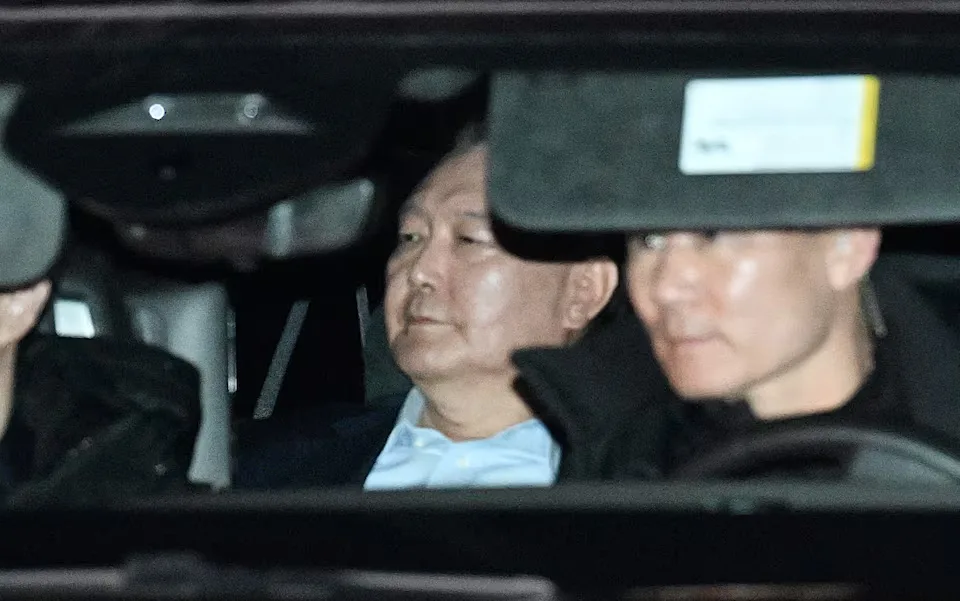
So far, investigators say President Yeol has refused to answer questions and remained silent.
The president’s lawyers say his arrest was “illegal” because the CIO does not have the power to investigate the allegations of insurrection against him.
Yeol’s lawyers also said his arrest warrant was issued by the wrong jurisdiction.
Despite these claims, officials of the Supreme Court and Justice Ministry insist that the arrest was lawful.
Opposition Democratic Party’s floor leader Park Chan-dae described the president’s arrest as proof that “justice in South Korea is alive.”
Chan Dae said it “is the first step toward restoring constitutional order, democracy, and the rule of law.”
South Korea is currently being led by Choi Sang-mok, the country’s finance minister, who is acting president.

 Burkina Faso Celebrates Security Progress And Food Independence In 2025
Burkina Faso Celebrates Security Progress And Food Independence In 2025 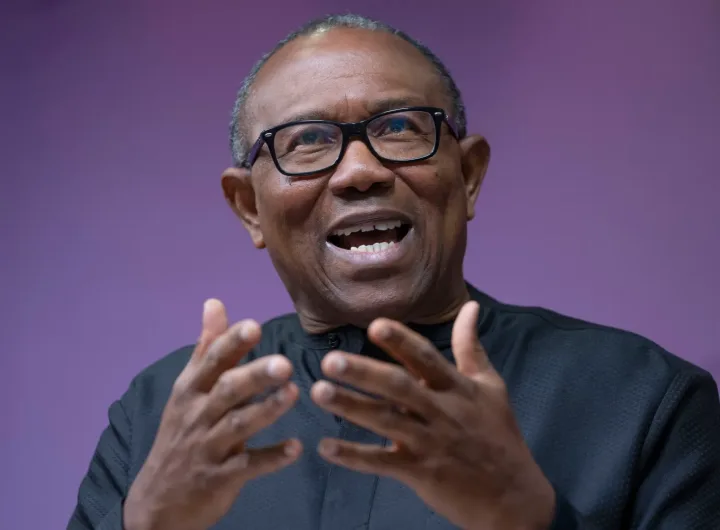 Why Peter Obi Defected To The ADC
Why Peter Obi Defected To The ADC 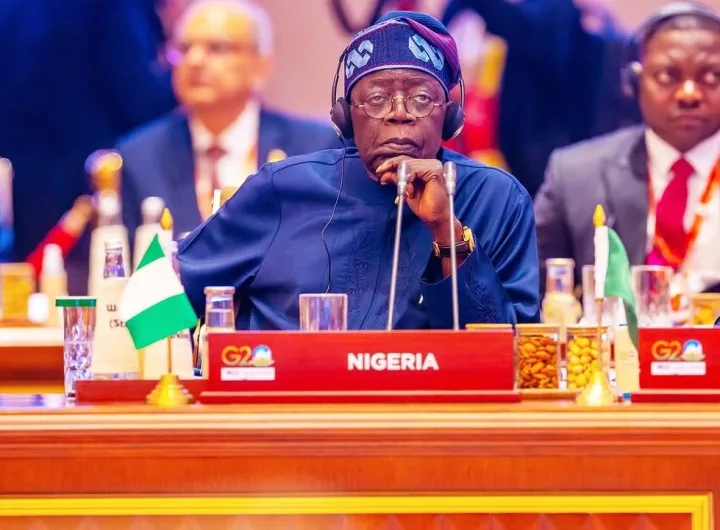 President Tinubu Insists New Tax Legislation Will Begin January 1, 2026
President Tinubu Insists New Tax Legislation Will Begin January 1, 2026 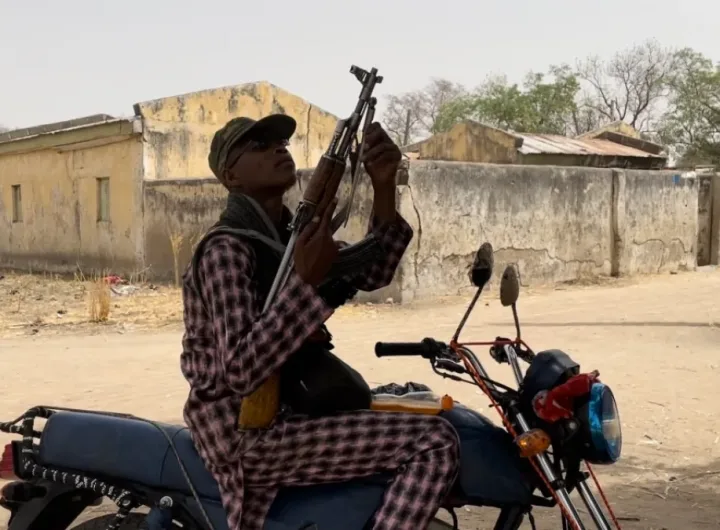 Catholic Priests Injured in Bandit Attack in Nasarawa
Catholic Priests Injured in Bandit Attack in Nasarawa 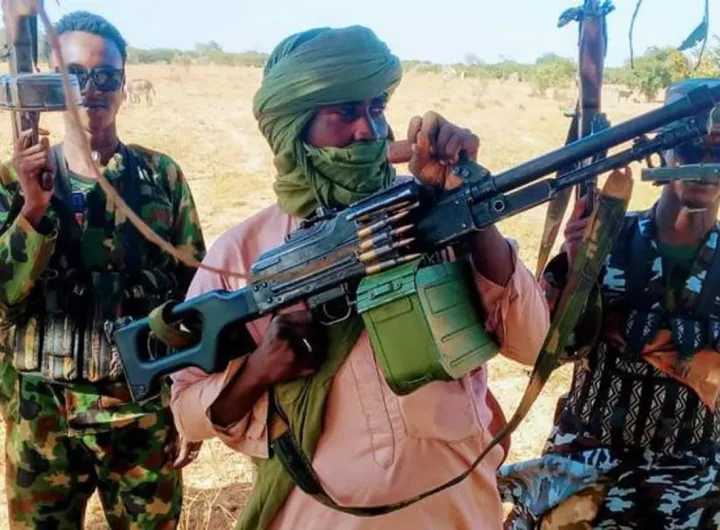 Bandits Kidnap Living Faith Church Pastor And Four Others In Kogi State
Bandits Kidnap Living Faith Church Pastor And Four Others In Kogi State  Central African Republic Votes As Touadéra Seeks Controversial Third Term
Central African Republic Votes As Touadéra Seeks Controversial Third Term